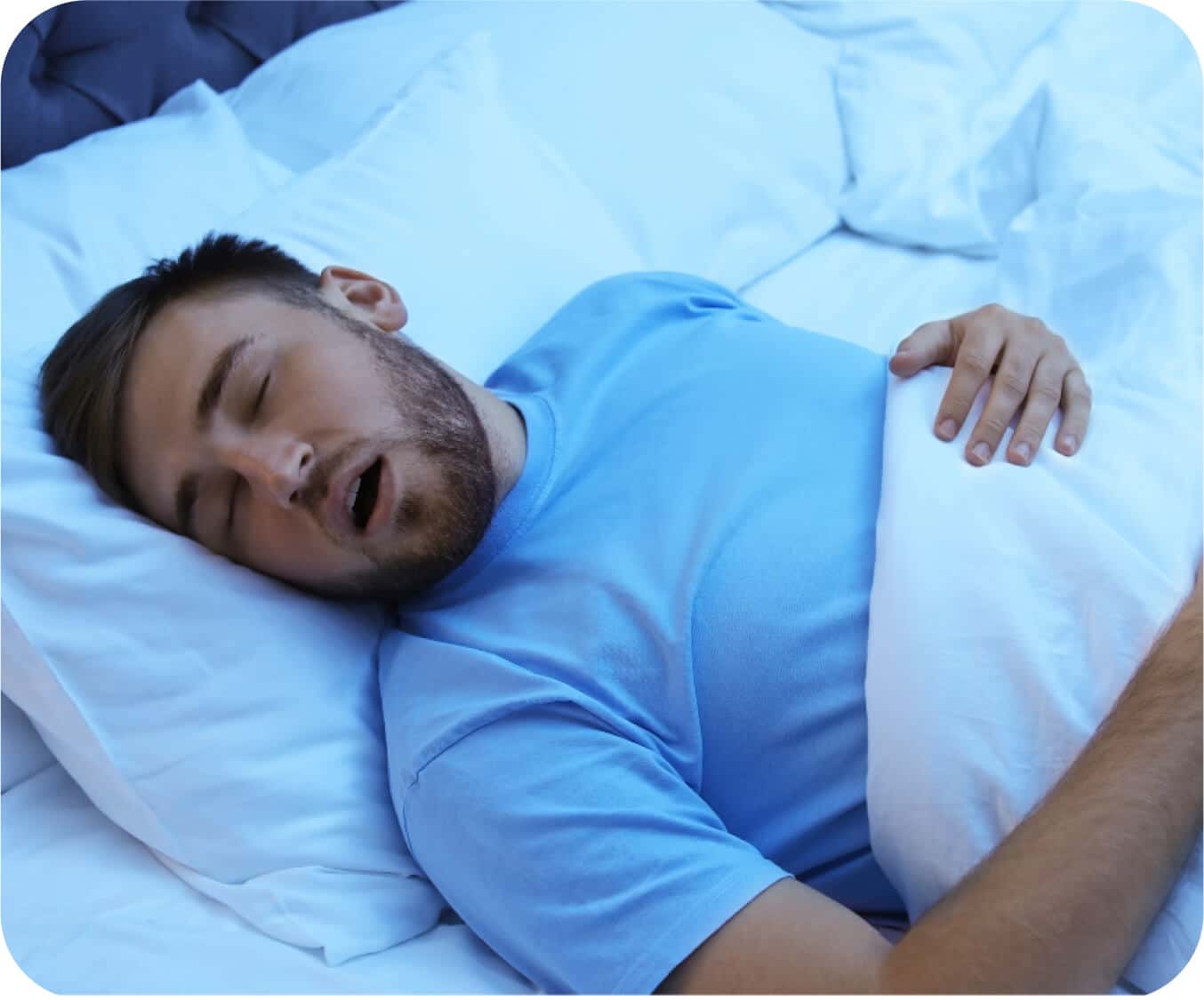If you’ve been told you’re snoring, you probably already know you’re not sleeping as well as you should.
Do you snore when you sleep?
When we sleep, the upper airway musculature relaxes and partially closes, so that not enough air reaches the lungs due to the narrowing of the upper airway. This may be due to reversible causes, such as tonsil hypertrophy or excess adipose tissue around the neck. Or to structural causes, such as the shape of the nose or palate. This narrowing of the airway causes a vibration in the throat with the passage of air with each breath, which creates the characteristic sound of snoring.
How does snoring affect you and your partner?
Snoring not only disturbs the sleep of the person sleeping next to you, but also disturbs your own rest, something you may or may not perceive. Snoring means that you are limiting the arrival of oxygen to your body. It also means that in all likelihood, you are performing micro awakenings throughout the night without being aware of it. This could be preventing you from getting healthy, restful sleep. So, whatever cause is causing your snoring, if you snore, or suspect you are snoring, consider it a red flag and talk to your doctor about conducting a sleep study. Snoring is associated with the appearance of other pathologies in the medium to long term such as high blood pressure.

Advance Mandibular Narval CC
There are many options on the market that promise to end snoring. In TerapiaCpap we offer you the definitive solution for snoring, let yourself be advised by our professionals, they will give you the necessary guidelines to end the annoying snoring.
The phases of sleep and their signs
If you’re too tired and don’t have the energy to do what you love, there may be something else.

Warning signs at night
Snore
Hectic sleep
Breathing breaks at night
Need to urinate frequently during the night (nocturia)

Warning signs at day
Sleepiness
Weariness
Headaches
Difficulty maintaining attention or memory




